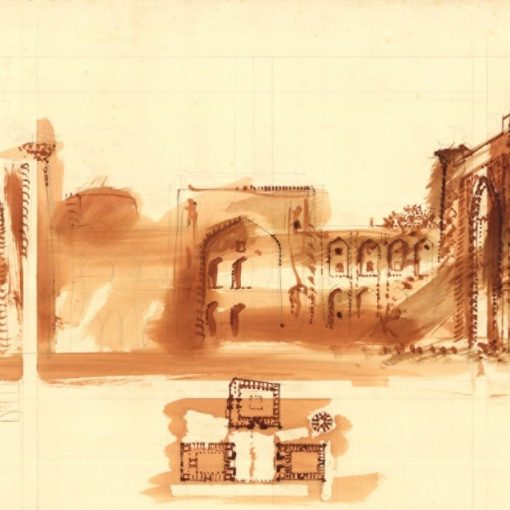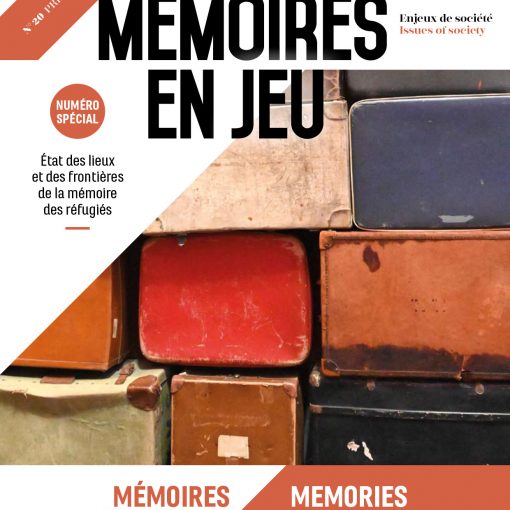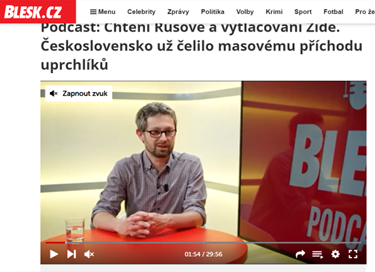
Read the new publication by UnRef’s research fellow Doina Anca Cretu entitled Child Assistance and the Making of Modern Refugee Camps in Austria-Hungary during the First World War.
The article was published online in the Central European History journal by the Cambridge University Press on 05 September 2022 and is available as open access for download.
Abstract
This article explores the development of modern refugee camps in Austria-Hungary during the First World War by looking at the organization and implementation of child assistance in the camps. The article argues that a state-driven mobilization of relief and rehabilitation was organized to alleviate the plight of refugee children. It points particularly to children’s health care and the organization of education as instances that marked a shift in the scope of refugee camps in wartime Austria-Hungary. At first, camps represented a temporary measure to immobilize and control displaced populations. As the war progressed, they became a permanent feature of refugee policy and a microcosm of agendas of state consolidation. Ultimately, the case of child assistance shows that the organization of refugee camps in wartime Austria-Hungary was a fluid and gradual process that meshed technologies of population containment with humanitarian and welfare practices.



